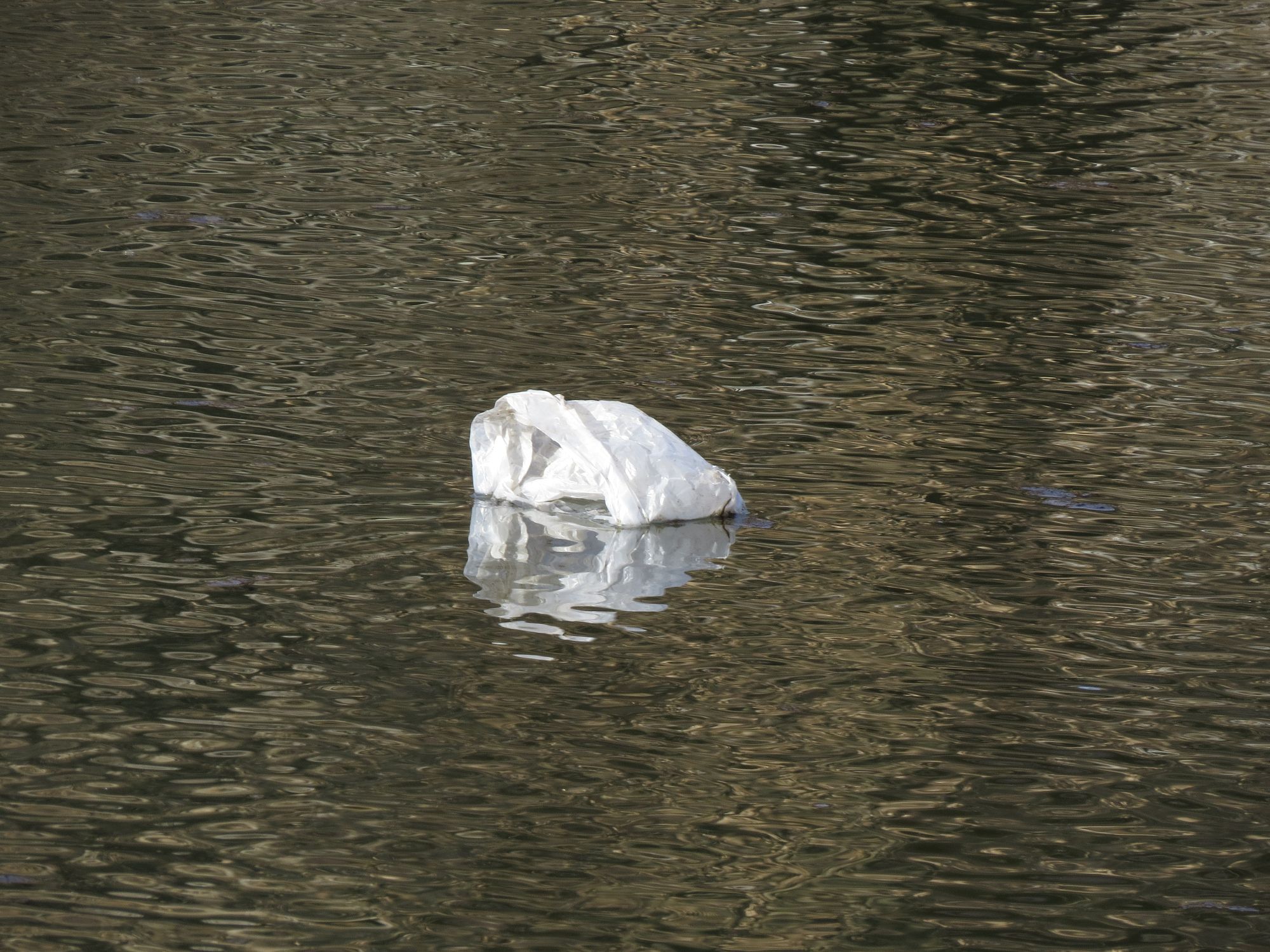A Life Cycle Analysis (LCA) of various shopping bags, including five varieties of disposable or “single-use” bags and four varieties of “reusable” bags, found that the common plastic shopping bag has the least impact economically and environmentally and that a ban would generate more plastic pollution.
The report was produced for the Government of Quebec and conducted by Centre international de reference sur le cycle de vie des produits, procédés et services (CIRAIG), the LCA found that no replacement option has an environmental advantage in the event of a ban on plastic shopping bags.
“Governments across Canada now have home-grown science they can trust to guide decision-making on bags,” said Joe Hruska, vice president of sustainability at the Canadian Plastics Industry Association (CPIA). “As an industry, we welcome the Quebec Government LCA findings. They are completely in line with a Government of Denmark LCA, which was just made public and a 2011 U.K. Government LCA. All LCAs show scientifically that a ban on plastic shopping bags will actually harm the environment.”
In April, a Commonwealth proposal to create a Blue charter for sustainable oceans, which received support from the Queen and PM Trudeau, would aim to reduce dependency on disposable plastic bags. This would coordinate with broader efforts to end plastic pollution in all areas of the environment, including freshwater bodies.
A Life Cycle Analysis (LCA) is a cradle-to-grave analysis that assesses the environmental impacts associated with all stages of a product’s life from raw material extraction through manufacture, usage and how it is managed at end of life.
The Quebec Government wanted to provide decisionmakers with an impartial, trustworthy, third-party scientific analysis of plastic shopping bags using Canadian and North American data so policymakers can make informed decisions on which bag is the best for the environment.
While the English version of study does not specifically mention that accumulation of plastics in freshwater or salt water bodies, the findings suggest that a ban on conventional plastic bags would dramatically increase the volume of plastic pollution. The LCA found that the conventional, thin plastic shopping bag is not, in fact, a single-use bag. It has a high reuse rate of 77 per cent. Banning of the conventional plastic bag, according to the LCA scientists, will lead to the consumption of even more plastic through the manufacture of garbage bags and kitchen-catcher type bags, which are 76 per cent thicker.
“This LCA shows that bag bans are not needed in Canada, because plastic bags are well-managed by consumers and retailer,” said CPIA’s Hruska. “Canadians are deeply committed to responsible use and the 3R’s. Ironically, reusable bags, the replacement option advocated by some to replace conventional bags, have a much larger carbon footprint and global warming potential.”
The industry which also makes reusable bags points out that people are not aware that reusables bags are not recyclable in North America and at the end of their life, they end up in landfill as garbage while thin plastic shopping bags are highly recyclable.
“The bag industry believes that every decision made in the name of the environment should be based on science and fact,” Hruska added. “Too often decisions on bags are made because it sounds good. All too often decision-makers do not assess or decide to ignore the negative unintended consequences which end up causing environmental harm.”
The English version of the report is available here. The full report is available in French here.









